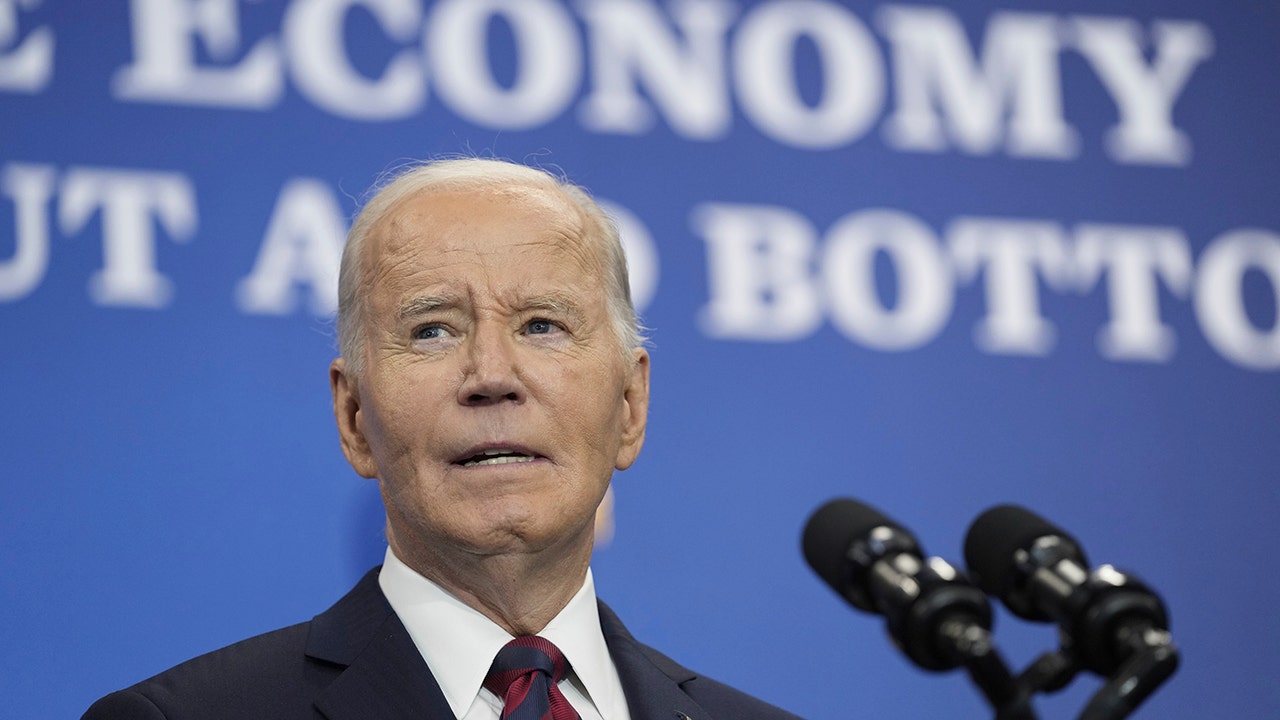FLASHBACK: Biden downplays ISIS threat to US, repeatedly says white supremacy ‘most lethal’ danger

New Orleans was left reeling on New Year’s Day after a devastating terror attack rocked the nation. The suspected terrorist, identified as Shamsud-Din Jabbar, 42, allegedly rammed a truck into crowds of revelers on Bourbon Street, leaving chaos and tragedy in his wake. The FBI confirmed that they were investigating the incident as an act of terror, noting that the suspect had an ISIS flag in the vehicle at the time of the attack.
This horrific event has reignited discussions about national security and the threats facing the country. President Biden and his administration had previously emphasized that the greatest threat to the homeland was white supremacy, even going as far as to say that white supremacists posed a more significant danger than terrorist organizations like ISIS.
The attack in New Orleans, inspired by ISIS according to the FBI, has prompted a reevaluation of these assertions. Critics have pointed to Biden’s past statements on white supremacy and questioned their validity in light of recent events. The administration’s focus on white supremacy as the primary terrorist threat has come under scrutiny, with some arguing that the attack on Bourbon Street is evidence of the ongoing threat posed by jihadist groups like ISIS.
Despite the administration’s emphasis on white supremacy as the most lethal threat, the Department of Homeland Security under the Trump administration had previously identified white supremacists and other domestic violent extremists as the most persistent and lethal threat to the nation. The shift in focus from domestic extremism to international terrorism has raised questions about the effectiveness of current counterterrorism strategies.
The brother of the suspected terrorist, Shamsud-Din Jabbar, emphasized that his actions do not represent the Islamic faith and instead attributed them to radicalization. He stated that his brother’s conversion to Islam and subsequent actions were not reflective of the religion, but rather a result of extremist influences.
As New Orleans grapples with the aftermath of the terror attack, the nation is left to reflect on the complex and evolving nature of the threats facing the homeland. The tragic events on Bourbon Street serve as a stark reminder of the ever-present danger of terrorism, whether from white supremacists or jihadist groups like ISIS. The need for vigilance and a comprehensive approach to national security remains paramount as the country navigates the challenges of the modern world.




